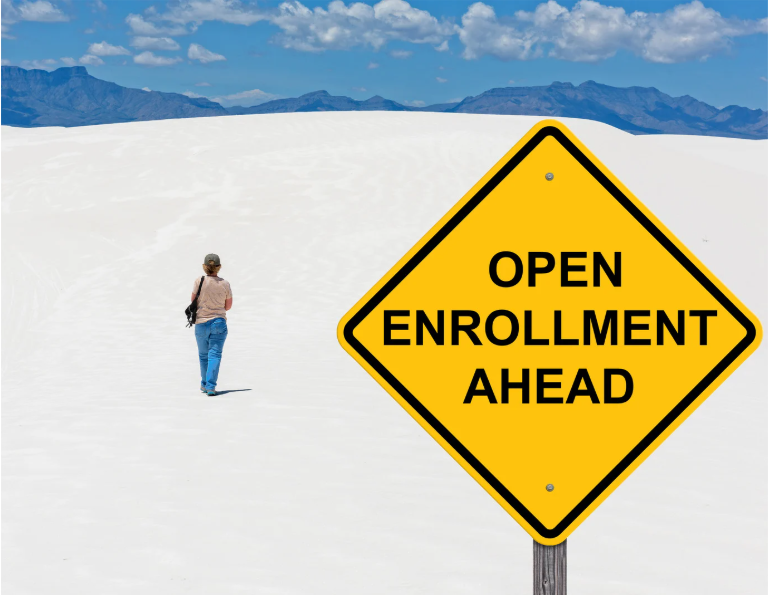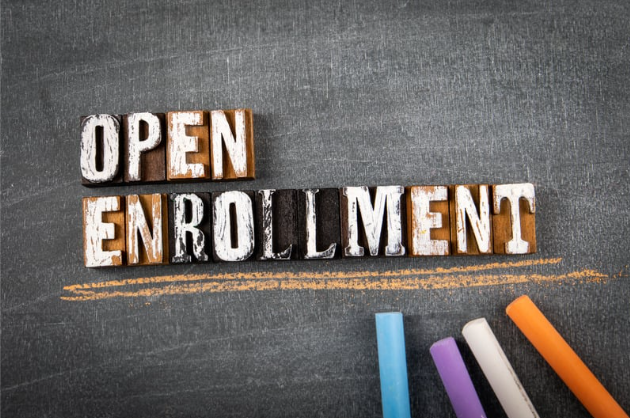Eligibility in Medicaid depends on many different specifications.
But you’ve been dropped. Now, what are you supposed to do since you no longer have health coverage? Here are some of the reasons why it happened:
- Your income level increased above what Medicaid allows
- Your age wasn’t included in the category
- You’re not pregnant
- Your assets or source of income increased either it was won, given or acquired (inheritance)
- Failure to report family status, i.e. getting married or having a kid, natural-born or adopted
You still have health care options if this happened to you. If you have a child/children, they may be eligible for CHIP, or the Children’s Health Insurance Program.
Note that in some circumstances, it’s highly suggested to sign up for special enrollment once you lose coverage.
Understanding Medicaid: What is Medicaid?

First, we begin by defining what Medicaid is:
Medicaid is a health program that offers free or affordable health coverage to some individuals with low income.
Some states have developed Medicaid programs to cover all people with low-level income with guidelines that will determine whether you’re eligible, or not.
Read on to know the reasons why your Medicaid was canceled.
Reasons for Medicaid Cancellation:
Something important to remember: your Medicaid can get canceled due to various reasons, and you might need to figure out why.
Read next to know more of the reasons for Medicaid cancellation:
1. Failure to accomplish an annual redetermination form
Medicaid is renewed every year, and sometimes changes in a household are at different times, so you may need to update your household status more than once a year.
If nothing has changed, you should still be eligible for Medicaid. It’s best to visit your local office and reapply.
2. Changes in your income
The slightest change in your wage hours can make a big difference.
The same is also true with other members of your household – such changes can get complicated.
3. Changes in household size
A child who has grown and moved out. Perhaps you got married. Perhaps someone in your family passed. Or your parents or grandparents have moved into your household.
Always keep in mind to check your household size while you are looking at income, as they’re determinants for Medicaid eligibility.
If you feel the redetermination was done inaccurately, you can reapply or file a hearing.
Losing Medicaid Eligibility – What Should Your First Steps Be?

If you or any of your household members lost Medicaid Eligibility in the past 60 days – or looking forward to losing coverage in the next 60 days, you may be assessed for a Special Enrollment Period, meaning there’s still a way to be eligible again by enrolling in Marketplace health insurance.
When you apply, make sure that the information provided in your application is true. Some necessary supporting documents may be requested from you to confirm life change, such as a letter from your employer, or health insurance company that supports coverage loss.
1. Medicaid Law – Make Sure You Were Dropped Lawfully
The Affordable Care Act built a new methodology for regulating income qualification for Medicaid, which is based on Modified Adjusted Gross Income (MAGI).
MAGI is used to assess financial qualifications for premium tax credits, Medicaid, CHIP, and cost-sharing reductions available through the health insurance marketplace.
That being said, the Affordable Care Act made it easier for people who lost coverage in their health insurance to apply and enroll in the right program.
There are 2 steps in reapplying for Medicaid should you lose eligibility:
- Get in touch with your state Medicaid agency. You must be a lawful resident of the state where you are applying for benefits.
- Fill out an application with all your correct information through the Health Insurance Marketplace.
2. Determine Your Medical Needs & Which Doctors You Love

When you qualify in Medicaid, you choose a doctor to visit or call for when you need medical care.
This doctor is called your “primary care provider” (PCP), and their office is your “medical home”, and you can receive regular medical care in their office.
The names and medical homes of your chosen PCP will be listed on your Medicaid card.
If you love certain doctors, you need to make note of that. You’ll want your next health insurance plan to include coverage to those doctors.
3. Get A Quote From The Exchange (Obamacare)
Not everyone can afford expensive health insurance providers, and getting a quote from the Exchange can help a great deal.
The biggest advantage of the Exchange is that they are geared to assist people in finding health care benefits and discounts at an affordable rate that most people can afford.
A good way to look at it: you may be qualified for expanded Medicaid if you’re a lawful resident in one of the states that took this benefit.
4. Choose An Option That’s Affordable While Also Covering Your Needs
If you’re that person who puts health first, then it only makes sense for you to pay a higher monthly premium and a lower deductible to make sure you’re using that hard-earned money – for the best medical assistance that’s covered in your health insurance.
That also translates to having better coverage.
Or, if you or a loved one seldom goes to the doctor for health assistance, paying a lower monthly premium and a higher deductible is for you.
That’s the thing with health insurance. You get to choose which one is right for your needs.
Losing Medicaid Eligibility Can Be Hard – We Can Help
Life sure has its changes, and that’s the one thing that’s constant.
But, that doesn’t mean that such changes shouldn’t render you into eventually losing Medicaid eligibility. With all those paperwork and waiting periods, that can be difficult especially in dire need of health care.
Did you lose eligibility or the days are numbered for that? We’re here to help, and gladly so.





